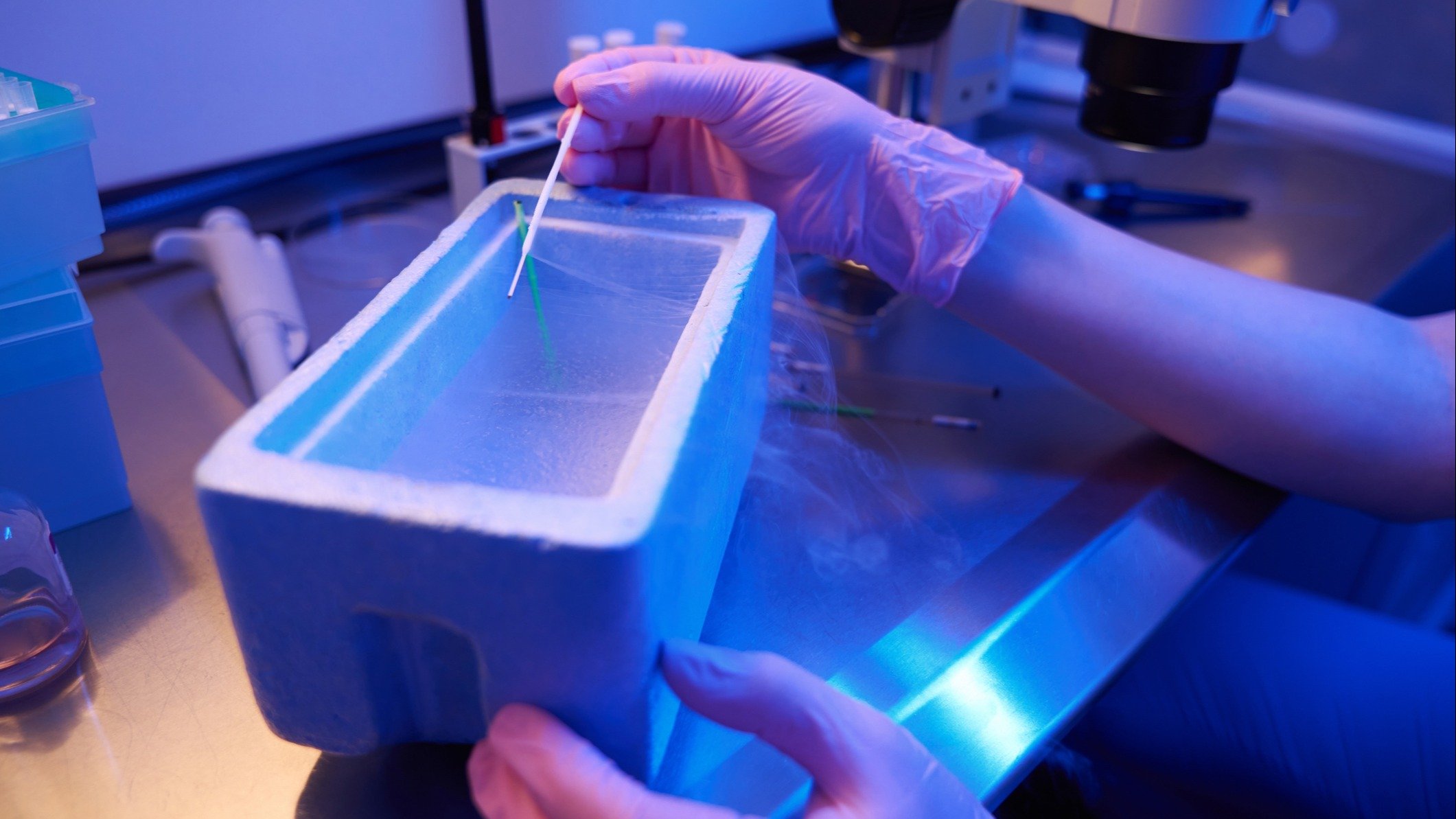
As the reproductive world reels from the recent ruling in Alabama establishing embryos as "extrauterine children,” a new form of “reproductive woke” will impact thousands of people in their 20s. One in five couples struggle with infertility, and these numbers continue to rise. A combination of environmental issues brought on by the modern world, intertwined with the desire to find emotional and professional stability prior to starting a family, outweighs the reproductive gravitational pull. We will explore five reasons why women in their 20s may shift the reproductive paradigm and freeze eggs during their formative reproductive years.
More from Mom.com: How Much Does Freezing Your Eggs Cost?
Biological investment in legacy allows for reproductive autonomy
Freezing eggs early in life is an investment in reproductive autonomy, affording young women the liberty to pursue personal and professional aspirations without the biological weight dictating their family planning. Freezing eggs during their formative reproductive years is a deliberate act of self-determination and legacy preservation allowing women to liberate themselves from the chronological constraints of societal norms and biology. Unforeseen health issues statistically occur later in life, making the 20s an optimal time to save precious DNA with the best likelihood of utilizing it later.
Fosters economic empowerment by allowing a woman to focus on career and educational endeavors
For years, women have mitigated between the traditional trade-off of career advancement and family planning. Egg freezing can extend the window for childbearing, allowing women to prioritize professional development during their peak earning years. Fostering more time for education and career advancement can propel women into more powerful positions and allow for a more diverse workforce that includes women at higher professional levels.
Opportunity to find the right person without the pressure of biology
Relationships can be messy, complicated, and unpredictable. Since the beginning of time, women have felt the nudge or literal push by societal and biological pressures to find a partner in a reasonable time for the means to procreate. By preserving reproductive material, the urgency to conceive with Mr. Right Now, instead of Mr. Right, can be negated. Using a deliberate approach to fostering compatibility over reproductive necessity leaves more room for genuine intimacy without childbearing expectations.
Way of the future with the recent Alabama Ruling
The political atmosphere centered around reproductive rights has taken a conservative stance. After the recent Alabama ruling establishing embryos as “extrauterine children,” a forced sway to freeze eggs prior to fertilization may be the new social order. Other states may follow suit, making egg freezing the safe bet to preserve one's legacy. Freezing eggs rather than freezing embryos is currently a safer plan given the swaying political seasons.
The optimal time to capture a woman’s reproductive vitality is in her 20s
Unlike most assets that accrue value with time, a woman’s fertility has a depreciating trajectory. The longer women wait to conceive, the higher chances of miscarriage and infertility, especially after age 35. Your 20s are the optimal time to capture reproductive material. According to the National Institutes of Health, “the rate of miscarriage in 20-year-olds was 10% and rose dramatically after age 30, reaching 53% in women over age 45.” Shanna Swan, a high-profile Environmental Medicine and Public Health Professor at Mount Sinai School of Medicine in New York, outlined a decline in fertility secondary to environmental factors in her book Countdown: How our Modern World Is Altering Reproductive Development. As time goes by, environmental factors can hurt our reproductive success, giving more reproductive promise to those who were proactive in their 20s.
With reproductive foresight, a woman can strategically capture her genetic inheritance early to utilize it when the time is optimal to start a family. Numerous individuals perceive college education as an investment in tomorrow, similar to how one might view the investment in fertility preservation. While an absolute assurance of the viability of the frozen eggs when thawed is not guaranteed, this decision can be pivotal in conceiving a biological child later in life. The current societal stance on embryo freezing will likely propel innovation into making egg freezing the new reproductive plan. Soon the loud internal dialogue urging haste to reproduce, and the societal pressures may become a soft hum as innovation and education allow us to teeter on the brink of a reproductive revolution granting women unparalleled freedom in every facet of their lives.



